Washington, D.C. | September 20, 2025– In a sweeping new immigration move, former President Donald Trump announced a $100,000 application fee for H-1B visas, the most widely used pathway for foreign skilled workers in the U.S. The decision has drawn immediate criticism from industry leaders, immigrant rights groups, and international observers.
The administration claims the new policy is intended to “protect American jobs and reduce exploitation of the visa system.” However, business groups argue that the measure will effectively shut out skilled international workers, particularly in technology, healthcare, and research sectors.
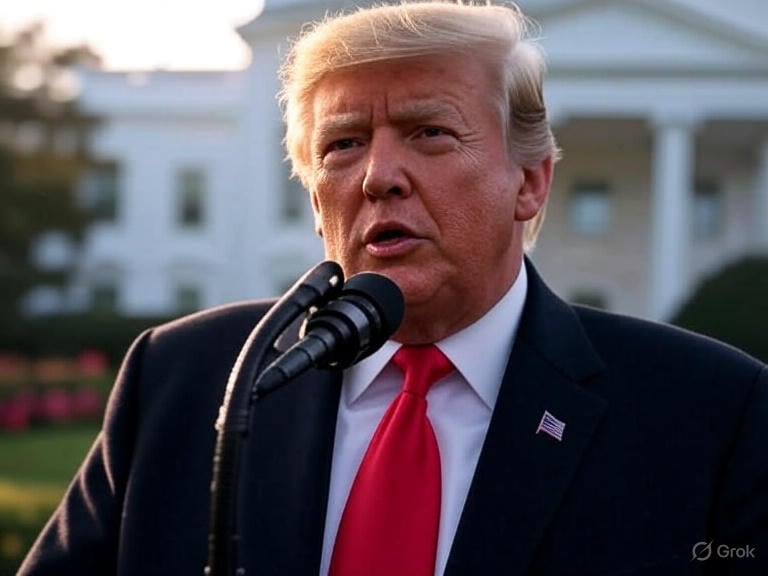
Background
The H-1B visa program allows U.S. companies to employ foreign professionals in specialty occupations, particularly in tech and engineering. For decades, it has been a cornerstone of U.S. innovation, with companies like Google, Microsoft, and Apple heavily relying on international talent.
Trump, who has long criticized the visa program, stated during his announcement:
“For too long, corporations have used cheap foreign labor to undercut American workers. This fee ensures that only companies truly in need of skilled workers will apply.”
Industry Reaction
Tech industry leaders have strongly opposed the move. The U.S. Chamber of Commerce issued a statement calling the decision “an economic self-inflicted wound.”
“Imposing a $100,000 barrier will devastate startups and mid-sized companies that rely on global expertise. This will not protect American workers—it will push jobs overseas,” said Chamber spokesperson Karen Mitchell.
Immigrant rights advocates also expressed alarm. Rajiv Mehta, director of the National Immigration Forum, argued:
“This is not a reform, it’s a ban in disguise. Only the wealthiest corporations will be able to afford this fee, leaving smaller innovators and workers out in the cold.”
Legal and Social Implications
Legal experts anticipate multiple lawsuits challenging the move, arguing that such a steep fee may violate existing immigration and labor laws. Meanwhile, universities and research institutions fear the change will discourage international students from pursuing careers in the U.S.
What’s Next?
Congressional Democrats have vowed to challenge the policy, while Republicans remain divided. Observers expect the courts to weigh in within months, with potentially far-reaching consequences for the future of U.S. immigration and the global workforce.

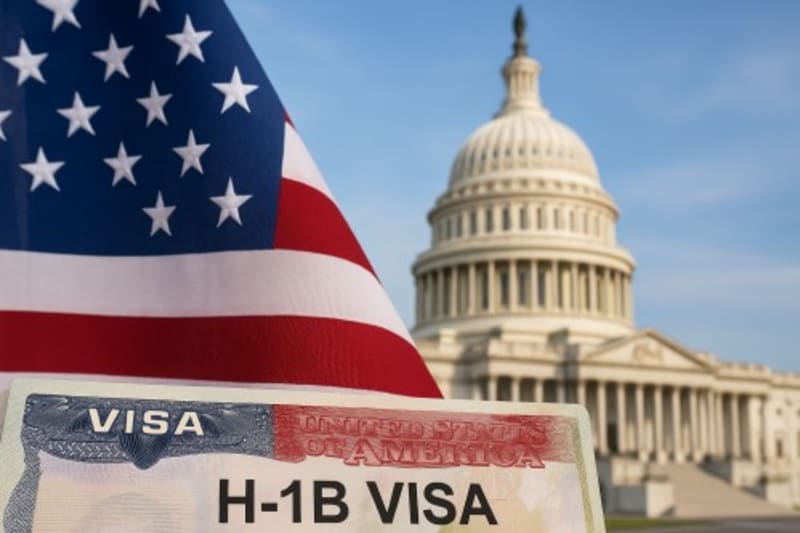
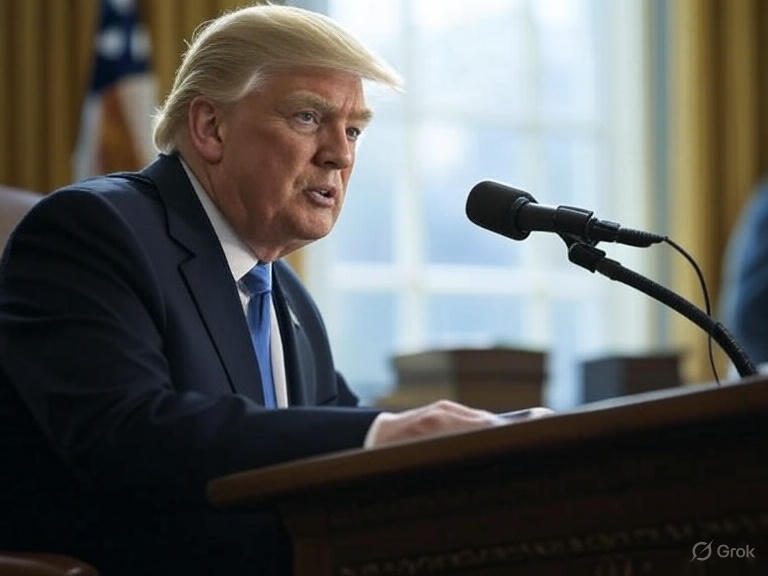

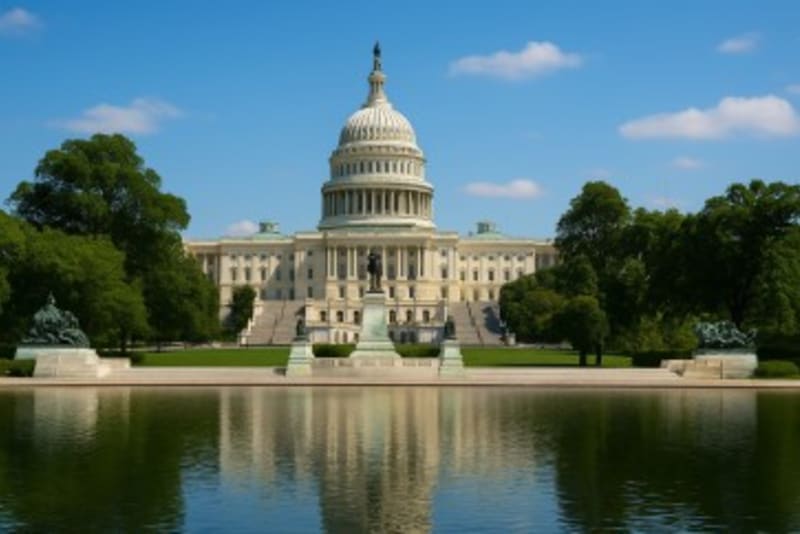
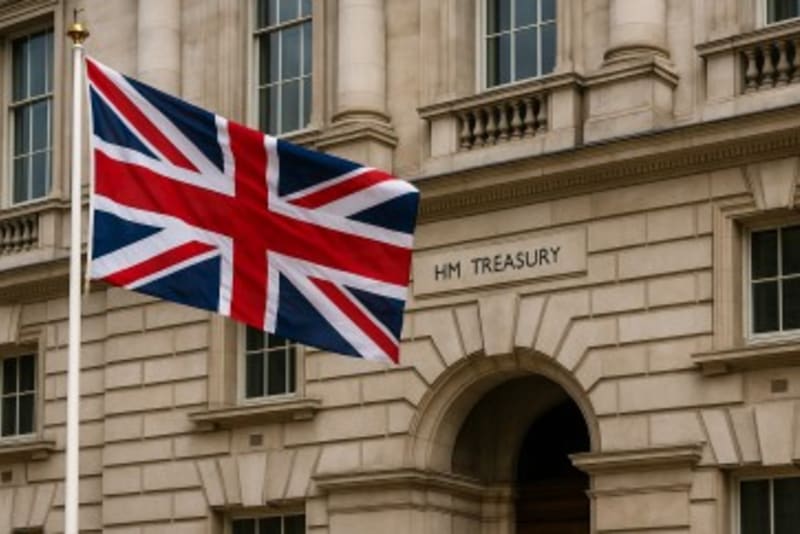
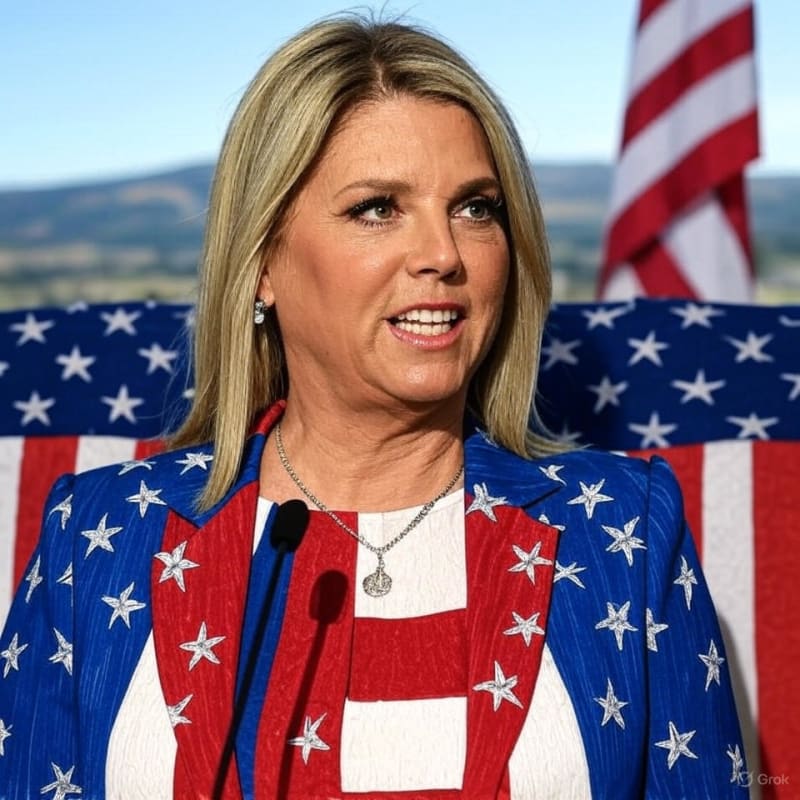
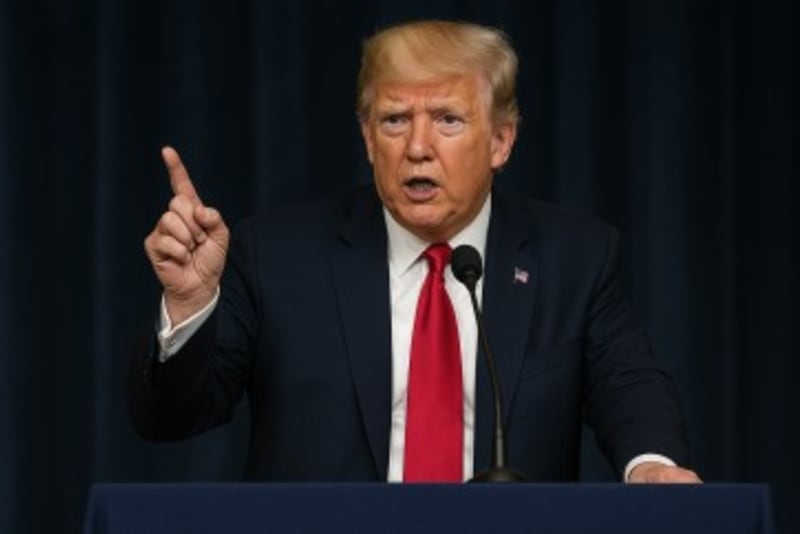
Comments
No comments yet. Be the first to comment!